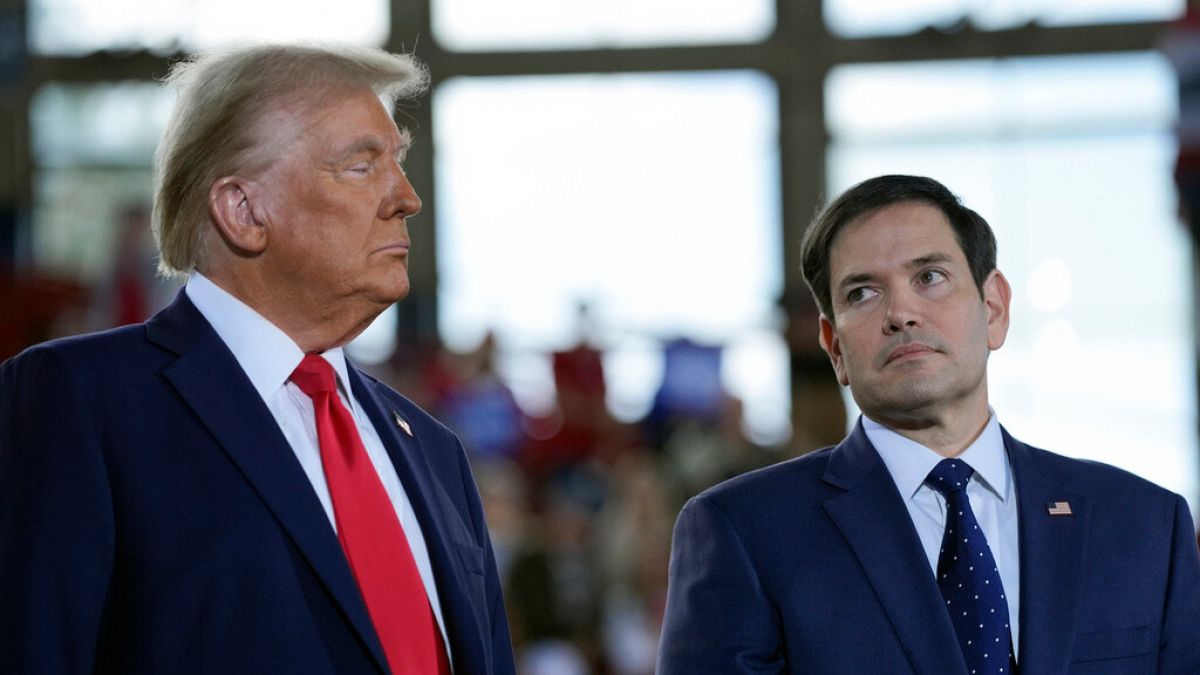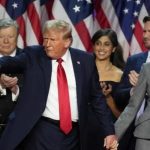Donald Trump’s choices for secretary of state and national security adviser, Marco Rubio and Mike Waltz, have fully supported the president-elect in casting doubt on European countries’ contributions to NATO. Rubio, known for his hardline approach to foreign policy, has advocated for European countries to take the lead in their own defense. He has also been critical of China, calling it the most powerful adversary the US has faced. Rubio has strongly backed Israel and expressed skepticism towards US aid bills, signaling a support for a more isolationist approach.
On the other hand, Mike Waltz, Trump’s reported pick for national security adviser, has been harsh on China and also critical of European allies for not meeting their NATO defense targets. He has questioned the open-ended nature of US support for Ukraine and called for other countries to do more to counter Russia. Waltz, a retired Special Forces officer, has also advocated for further US military commitment in Afghanistan and criticized Biden’s withdrawal from Kabul.
Both Rubio and Waltz’s positions align with Trump’s views on NATO and his push for a more isolationist foreign policy. They have expressed concerns about European countries not meeting their defense obligations and have called for greater scrutiny of China’s influence in the US. Rubio’s appointment as secretary of state and Waltz’s appointment as national security adviser signal a continuation of Trump’s foreign policy priorities.
Rubio and Waltz’s appointments also indicate a shift towards a more hardline approach to foreign policy, especially in regards to China and Russia. Rubio’s criticism of China as a powerful adversary and Waltz’s skepticism towards US support for Ukraine highlight their strong stance on national security issues. Their support for Trump’s views on NATO and isolationism further emphasize their alignment with the president-elect’s foreign policy goals.
Overall, Rubio and Waltz’s appointments as secretary of state and national security adviser show a clear direction towards a more assertive and isolationist foreign policy under the Trump administration. Their positions on NATO, China, and Russia suggest that the incoming administration will continue to prioritize national security and defense issues while reevaluating the US’s relationships with European allies. It remains to be seen how their appointments will impact US foreign policy in the coming years.










